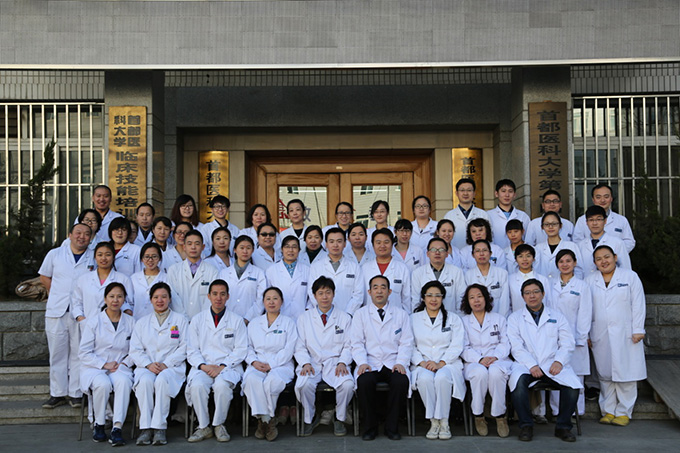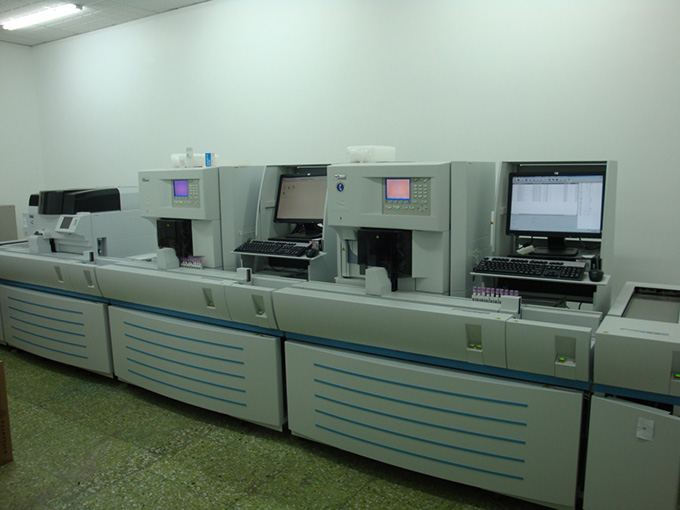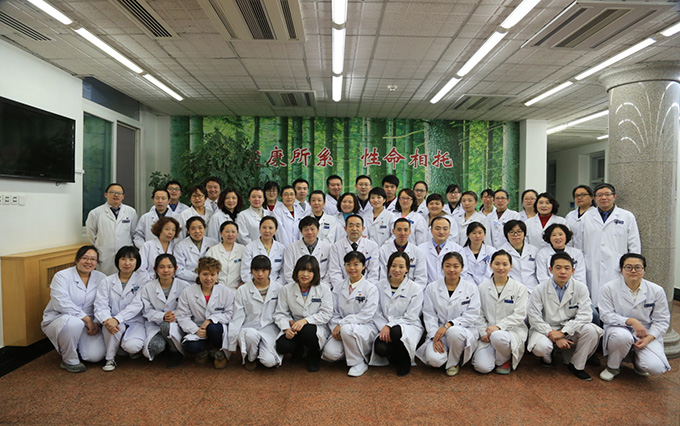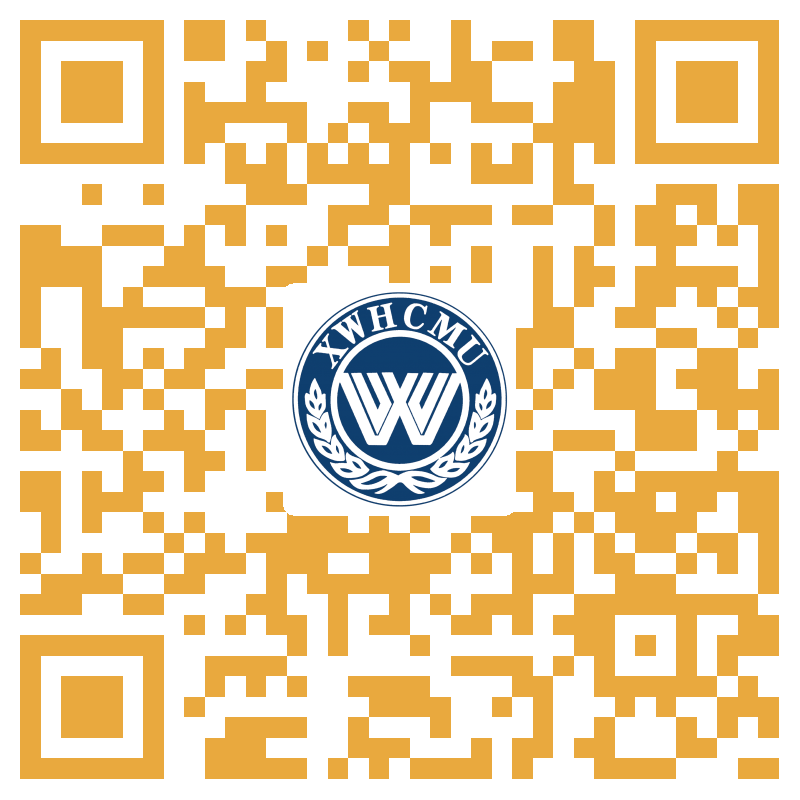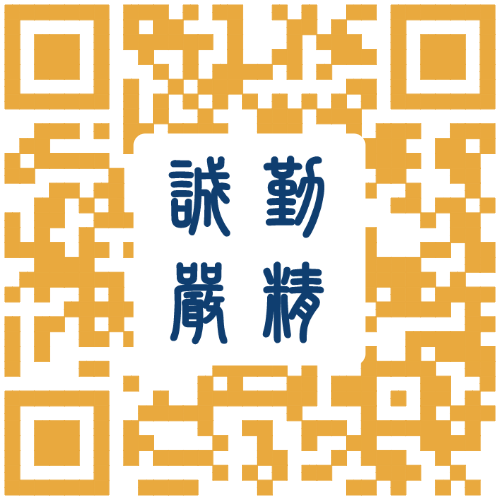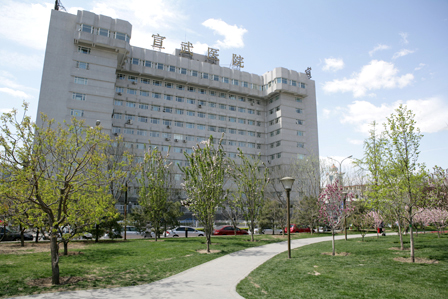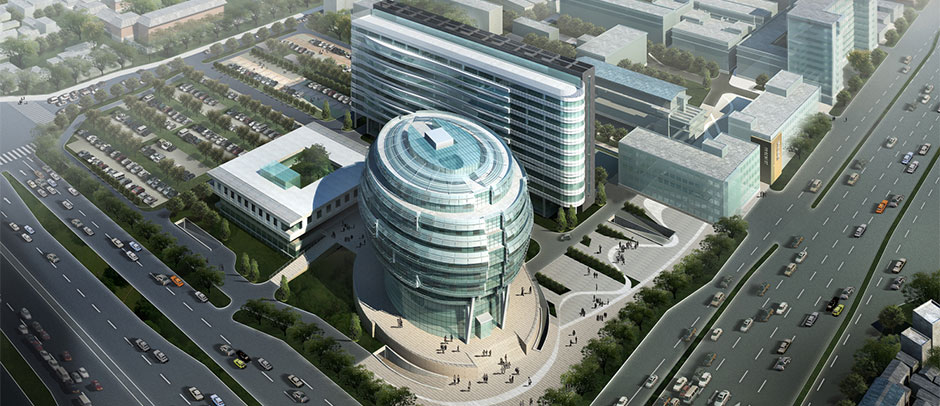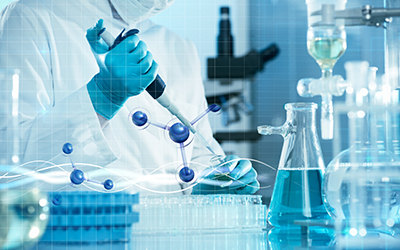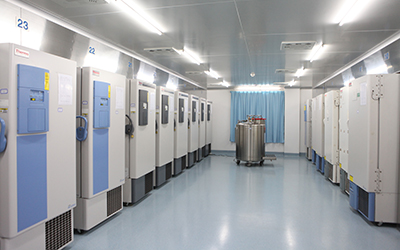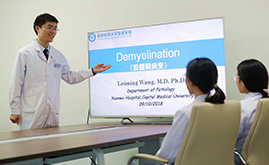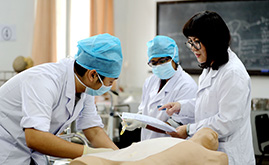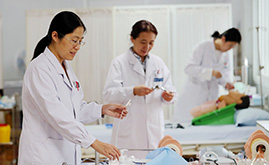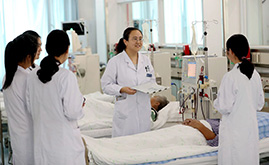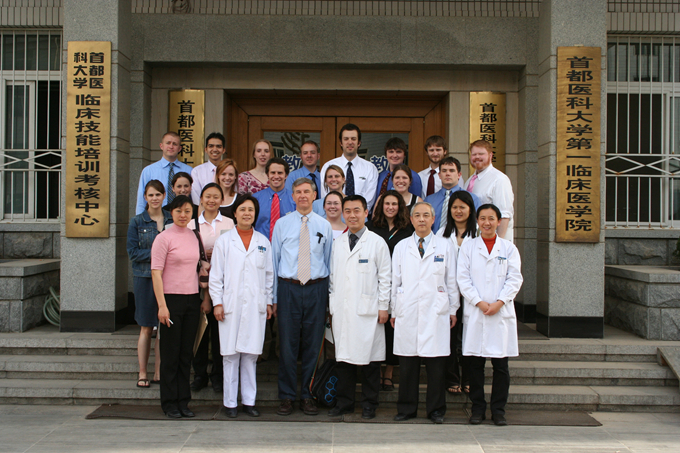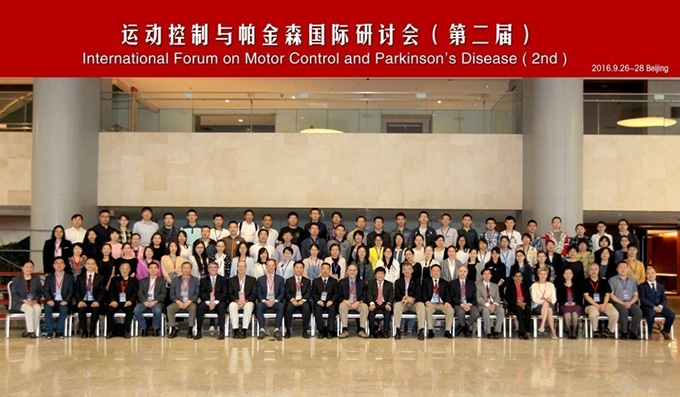Clinical Laboratory
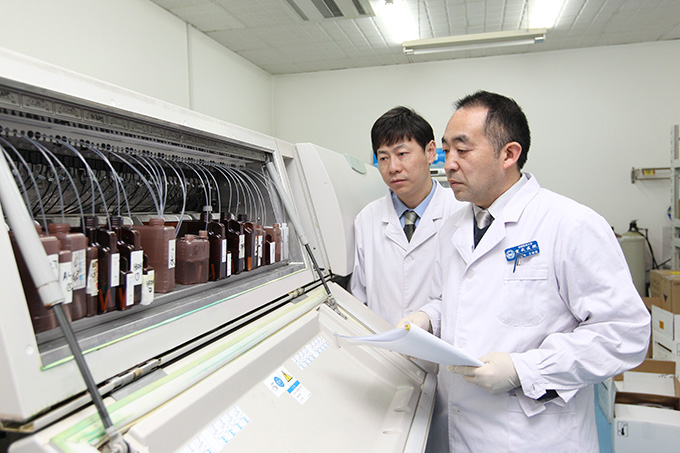
The Department of Clinical Laboratory of Xuanwu Hospital of Capital Medical University is characterized by a neurological experimental diagnosis. It is a modern, high-profile and a key developing department in the hospital with clinical routine examination, high-level academic research and undergraduate, postgraduate education.
The department has altogether 6 professional groups including clinical chemistry, clinical immunology, clinical microbiology, clinical hematology and osology, molecular biology, and special testing for neurological and internal disease. There are 11 professional laboratories and more than 600 opening test items. The department has many advanced experimental analysis equipments such as modular automatic blood analysis systems, urine analysis systems, biochemical analysis systems and gene sequencing instruments, high-resolution fluorescence microscope, constant-temperature high-speed centrifuge, mass spectrometry analyzer, various types of electrophoresis apparatus, and fluorescence confocal imaging systems. As a branded clinical laboratory, a relatively complete laboratory information system and a more standardized test process are established, and accredited by ISO-15189 earlier than most other laboratory in China. Also, its neurological disease testing capabilities, clinical research and development capabilities keep the leading level in our country.
The department is PhD education section of clinical laboratory diagnosis in capital medical university, the training base for the clinical laboratory technicians in Beijing, and is also the teaching and research section of the Xuanwu Hospital's laboratory diagnosis and clinical biochemistry teaching department of the Capital Medical University. It is responsible for undergraduate and postgraduate teaching of experimental diagnostics of clinical medicine as well as clinical laboratory diagnostics in capital medical university, and cultivates Doctors, Masters, advanced trainees and other senior professional personnel. In recent years, the department, as chief editor or deputy editor participates in 6 undergraduate and graduate teaching materials; edited 6 books, presided over 10 teaching projects and published 20 teaching papers. A total of 6 doctoral and 10 master degree students obtained their degrees with honors. Currently, there are 1 post-doctoral student, 3 doctoral students, and 4 master students under the training program. The department is the first gainer of award-winning excellent course (experimental diagnostics) and the first prize of education teaching achievement at school level in the affiliated hospitals of Capital Medical University. Its teaching team has won the title of excellent school teaching team in Capital Medical University.
The academic research has been unprecedentedly active. The research directions include: (1) Screening of senescence and geriatric markers and molecular mechanisms research; (2) Research on molecular diagnostic techniques for diseases of the nervous system; (3) clinical enzymology research and other research directions. The department has established seven research teams: replicative senescence molecular mechanism, AD molecular mechanism, mutation screening of key genes in neurodegenerative diseases, CSF enzymology, molecular diagnosis of neuroinfection, neuroimmunological testing techniques and applications, coagulation and thrombolysis test diagnosis path. In recent years, it has received 25 fund projects such as the National Natural Science Foundation of China, the Capital Characteristics (Key Project), the Beijing Municipal Natural Science Foundation, the Ministry of Education Doctoral Foundation, and the China Postdoctoral Science Foundation. Three monographs were published as chief editor or chief translation. Three monographs were published as depute editor. More than SCI 20 papers and more than 200 papers in core journals were published in recent years.
Professor Wang Peichang, leader of the department, Ph.D./Postdoctoral, Ph.D./Postdoctoral Tutor, is concurrently a member of the Standing Committee and Clinical Chemistry Section of Chinese society of laboratory medicine, the Standing Committee of the Chinese Medical Doctor Association's clinical laboratory physician branch, the world Chinese laboratory and Case Association, the deputy director of the Laboratory Medicine branch of Beijing medical association, the deputy chief editor or standing committee of the Chinese Journal of Laboratory Medicine and the Journal of Laboratory Medicine, etc. And Professor Wang was selected by "peak" plan of the Beijing Municipal Administration of Hospitals, and a number of other talent cultivation plan of the Beijing, such as the tutor of Young Crops, etc. Professor Wang enjoys a high reputation at domestic and abroad in the field of internal quality control technology in clinical laboratory, aging and Alzheimer's disease mechanism researches.
At present, our department has a total of 68 staffs, including 1 chief technician/professor, 5 deputy chief technicians, 15 master technicians (including attending physicians), 10 doctor/postdoctors, 12 masters, and 23 undergraduates.
